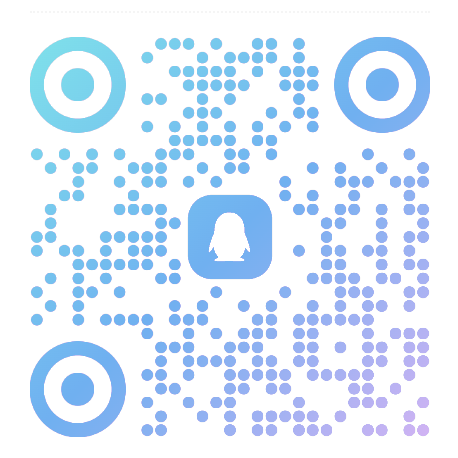Introduction
Robotics is a field of science and technology that focuses on the design, construction, operation, and use of robots. Robots are artificial machines that can perform tasks autonomously or under human control. They are used in a wide range of applications, from manufacturing and healthcare to space exploration and military operations.
The concept of a robot dates back to ancient times, when humans created mechanical devices that could perform simple tasks. However, the modern era of robotics began in the mid-20th century, with the invention of the first industrial robot, the Unimate. Since then, the field of robotics has advanced rapidly, with the development of new materials, sensors, and computer algorithms.
Types of Robots
There are many different types of robots, each designed for a specific purpose. Some of the most common types include:
- Industrial robots, which are used in manufacturing and assembly lines
- Service robots, which assist humans in daily tasks such as cleaning and cooking
- Medical robots, which aid in surgery and other medical procedures
- Space robots, which explore and study the universe
- Military robots, which are used for surveillance and combat operations
Each type of robot has its own unique features and capabilities, depending on its intended use. For example, industrial robots are designed to be strong and durable, while service robots are designed to be safe and easy to use.
The Future of Robotics
Robotics is a rapidly growing field, with new advancements and innovations emerging all the time. Some of the most exciting developments in robotics include:
- Artificial intelligence, which allows robots to learn and adapt to new situations
- Soft robotics, which uses flexible materials to create robots that can interact with their environment in new ways
- Robotic surgery, which allows doctors to perform complex procedures with greater precision and control
- Autonomous robots, which can operate without human intervention
As robotics continues to evolve, it has the potential to revolutionize many aspects of our lives, from healthcare and transportation to education and entertainment. The future of robotics is bright, and we can expect to see even more exciting developments in the years to come.








